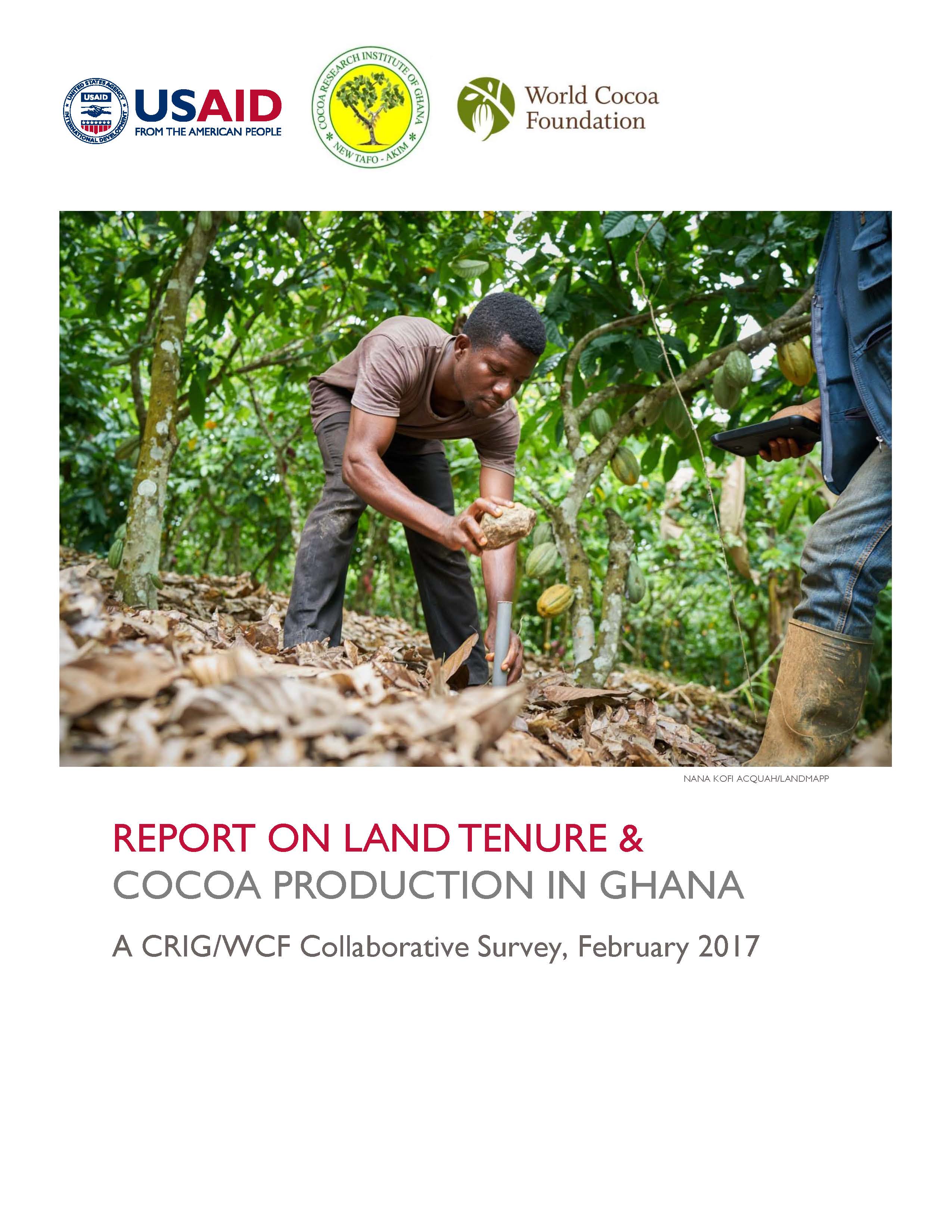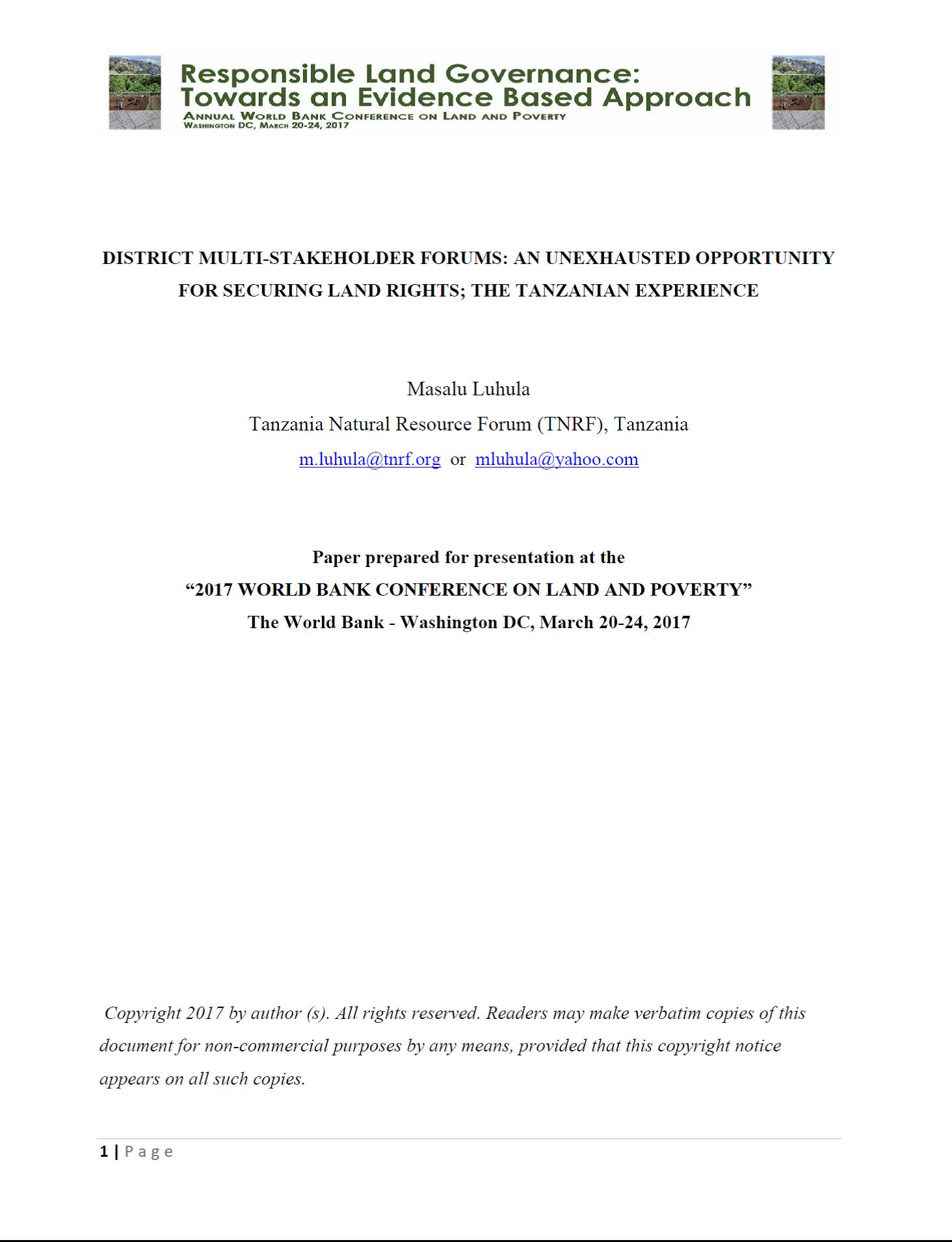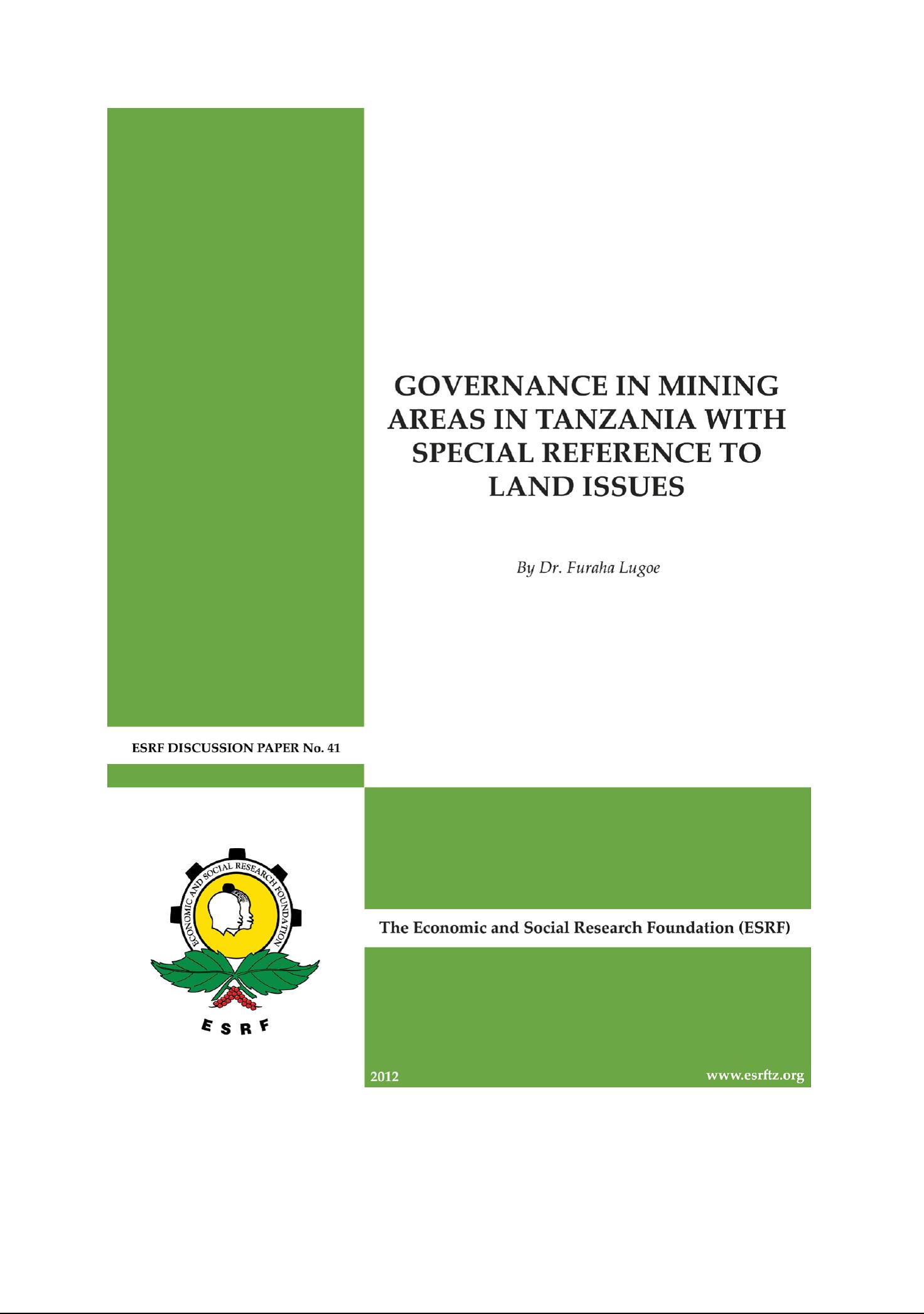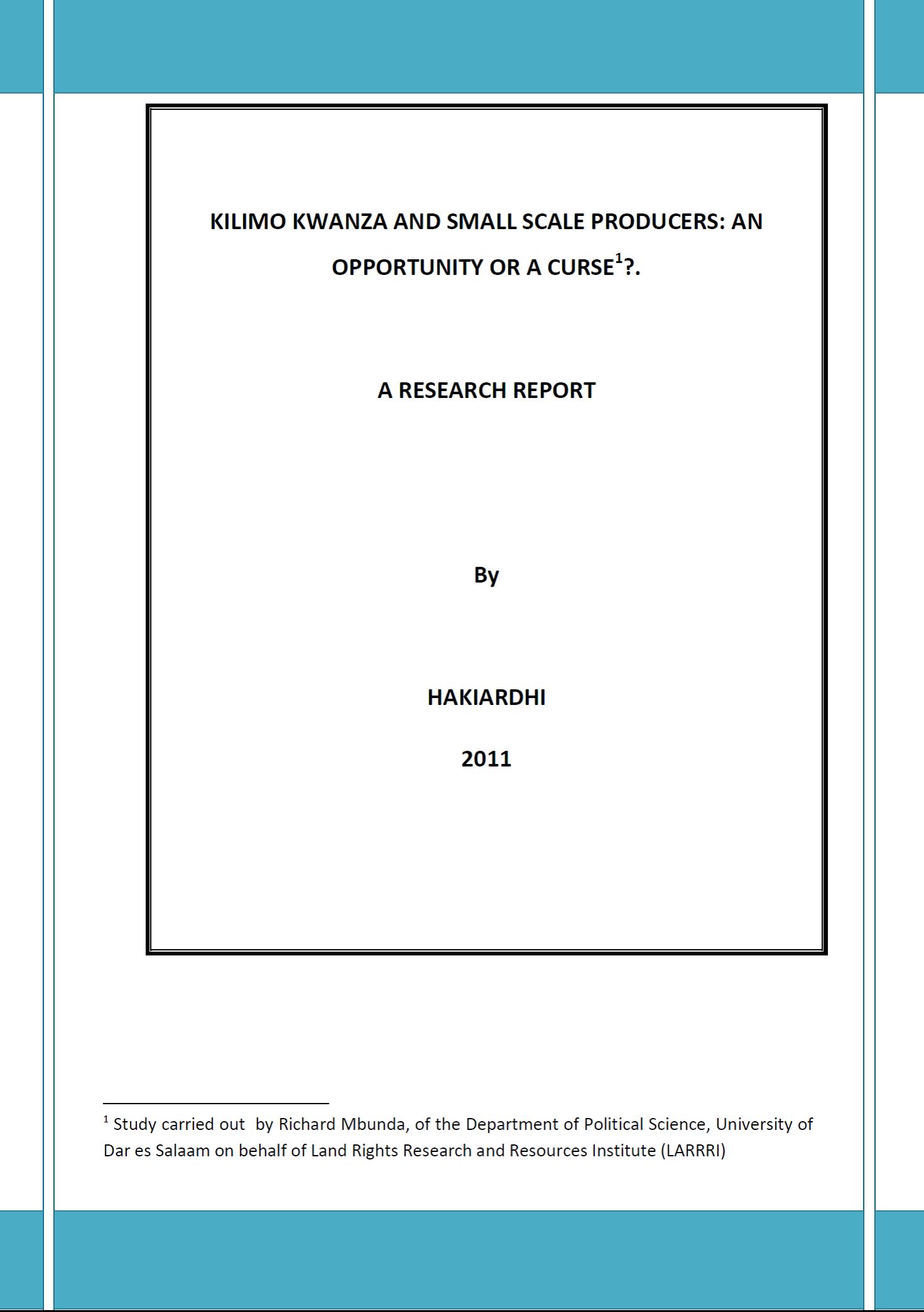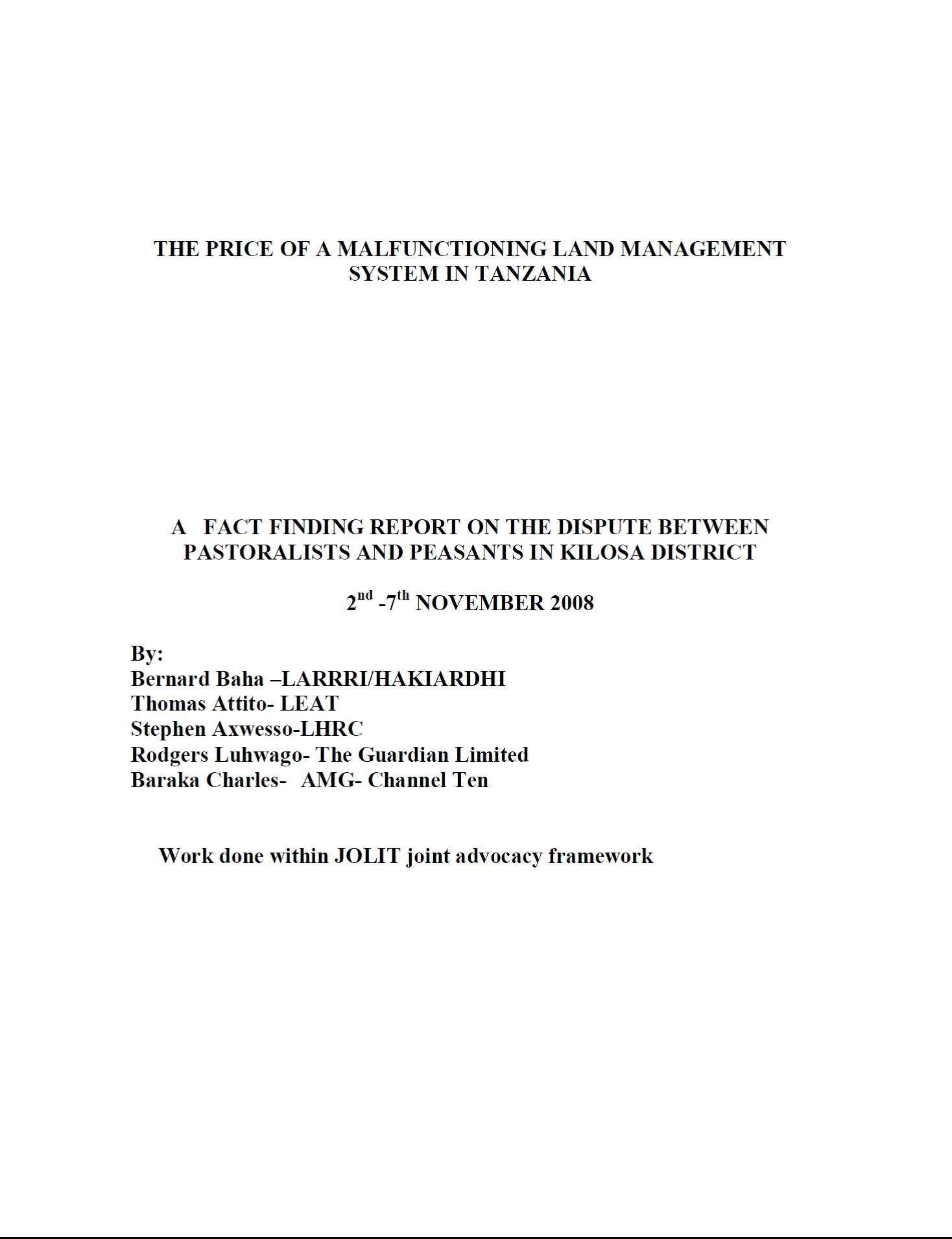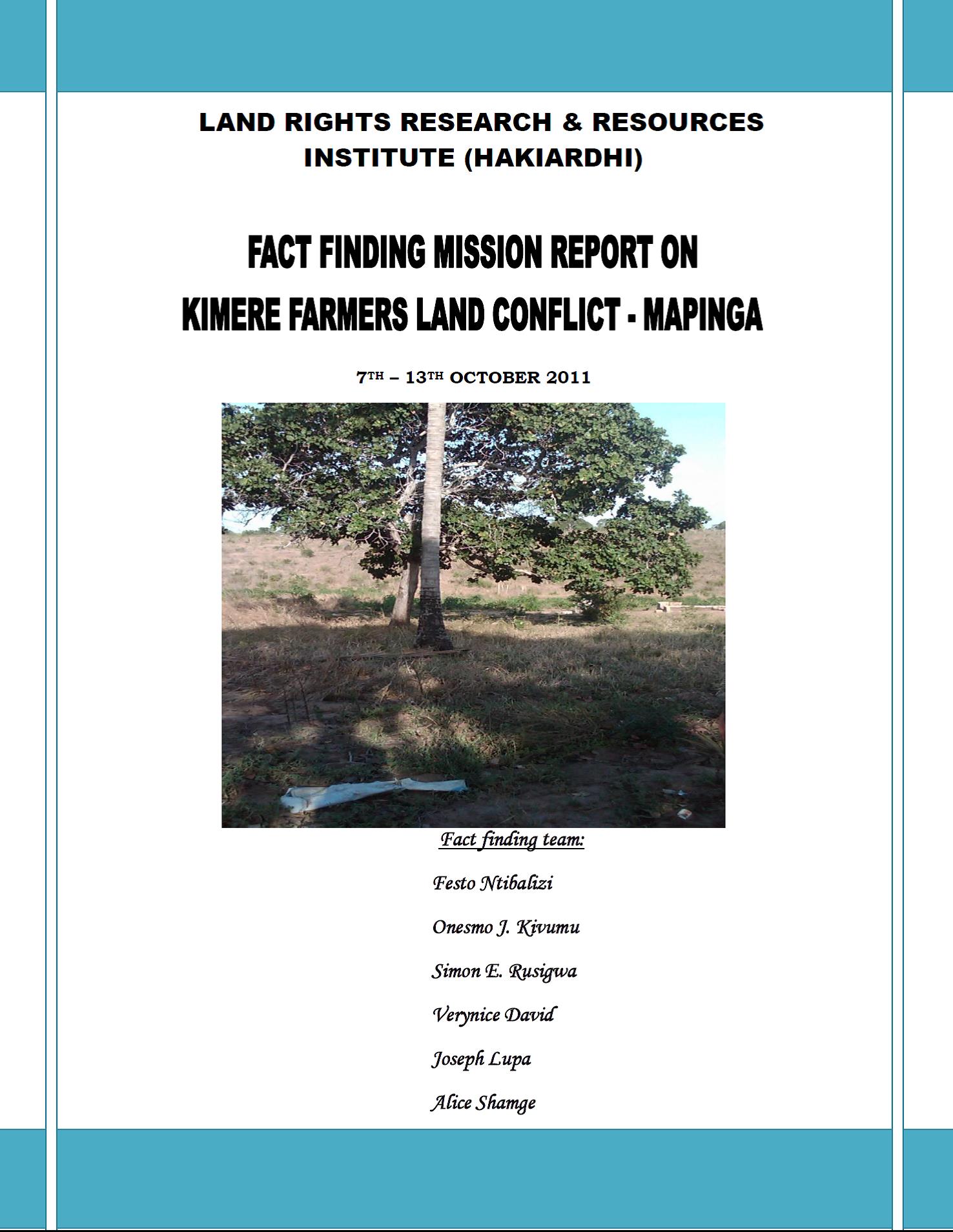Pourquoi les États se désintègrent-ils et comment expliquer le phénomène ?
La notion d'effondrement de l'État s'est propagée à une rapidité fulgurante ces dernières années. C'est généralement aux changements intervenant dans le contexte de la mondialisation que l'on attribue cette perte de contrôle et de légitimité de l'État. La notoriété dont jouit cette notion peut cependant faire oublier que le phénomène d'État défaillant n'est pas nouveau et qu'il





